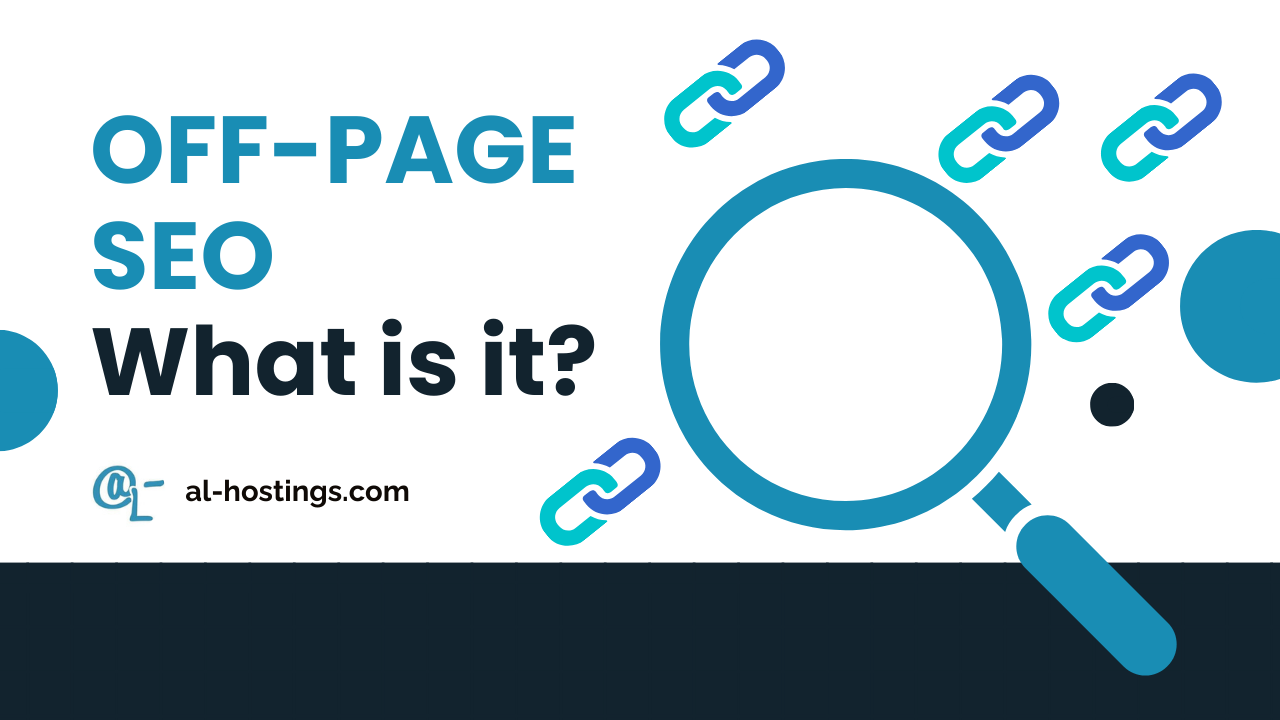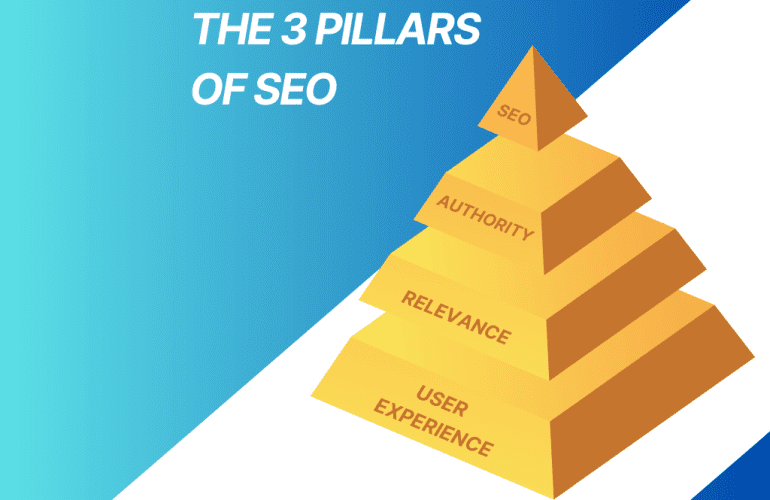What is Off-Page SEO?
Off-Page SEO is the set of strategies and actions external to your website that influence its search engine ranking. Unlike On-Page SEO, which optimizes a page’s internal elements, Off-Page SEO focuses on how other websites and users interact with your site.
The main goal is to improve your domain’s authority, relevance, and trust so that search engines, like Google, consider it a valuable source of information.
Differences between On-Page SEO and Off-Page SEO
| Feature | On-Page SEO | Off-Page SEO |
|---|---|---|
| Location of optimization | On-site | Off-site |
| Key factors | Content, structure, keywords | Backlinks, mentions, authority |
| Objective | Improve user experience and indexing | Increase popularity and Credibility |
| Examples | Meta tags, URLs, loading speed | Link building, social media, branding |
Both strategies are essential for good search engine rankings.
Key Factors of Off-Page SEO
For an off-page SEO strategy to be effective, you must work on the following factors:
- Domain Authority: Google gives more relevance to sites with greater authority (Domain Authority). Example: Wikipedia is a source of great authority due to the number of links it receives.
- Quantity and Quality of Backlinks: It’s not just how many links point to your website that matter, but also their quality and origin. Example: A link from Forbes is more valuable than one from a little-known blog.
- Mentions and Online Reputation: Comments, reviews, and mentions on other sites strengthen your brand perception. Example: Companies like Trustpilot help improve your online reputation.
- Social Media Shares: Although they don’t directly affect your rankings, they help increase your content’s visibility. Example: A viral article on Facebook or LinkedIn can naturally generate backlinks.
Effective Off-Page SEO Strategies
1. Link Building
Link building is the practice of getting links from other websites to yours. Some effective ways to get backlinks include:
- Creating valuable content that others will want to link to.
- Contacting relevant bloggers and sites for collaborations. Example: Writing an article for HubSpot.
- Quality directories and specialized publications. Example: Be present on Crunchbase.
- Analyze your competitors to identify opportunities.
Note: Avoid spam and buying links in bulk, as Google penalizes these practices.
2. Content Marketing
Generating quality content in blogs, infographics, ebooks, and videos increases the likelihood of being shared and linked to.
- Publish comprehensive guides and tutorials. Example: Neil Patel offers highly rated SEO guides.
- Create case studies and analyses with data.
- Develop original, easy-to-consume content.
3. Social Media SEO
Although Google doesn’t directly use social signals for ranking, a strong social media presence can increase traffic and visibility.
- Share your content regularly.
- Participate in groups and communities in your niche. Example: Facebook groups about your business sector.
- Use relevant hashtags and mention influencers.
4. Guest Posting
Writing guest posts on blogs and authority sites helps you get backlinks and increase your reputation.
- Contact blogs in your industry.
- Offer unique, quality content.
- Include natural links to your website. Example: Publish on Search Engine Journal if your industry is digital marketing.
5. Forums and Communities
Participating in specialized forums and answering questions on sites like Quora and Reddit establishes you as an expert and generates traffic.
- Share tips and solutions.
- Avoid spam and be genuine.
- Include links only when they add value. Example: Answer questions on Quora.
Conclusion
Off-Page SEO is a fundamental part of any web positioning strategy. While it requires time and effort, the benefits in terms of authority, traffic, and visibility are enormous.
Applying strategies such as link building, content marketing, and an active social media presence will help you improve your Google rankings and strengthen your brand.

WordPress Expert, SEO & UX Optimization | I help freelancers and SMEs grow their business. | Web Design and Development Specialist for Startups, SMEs, and Personal Projects




